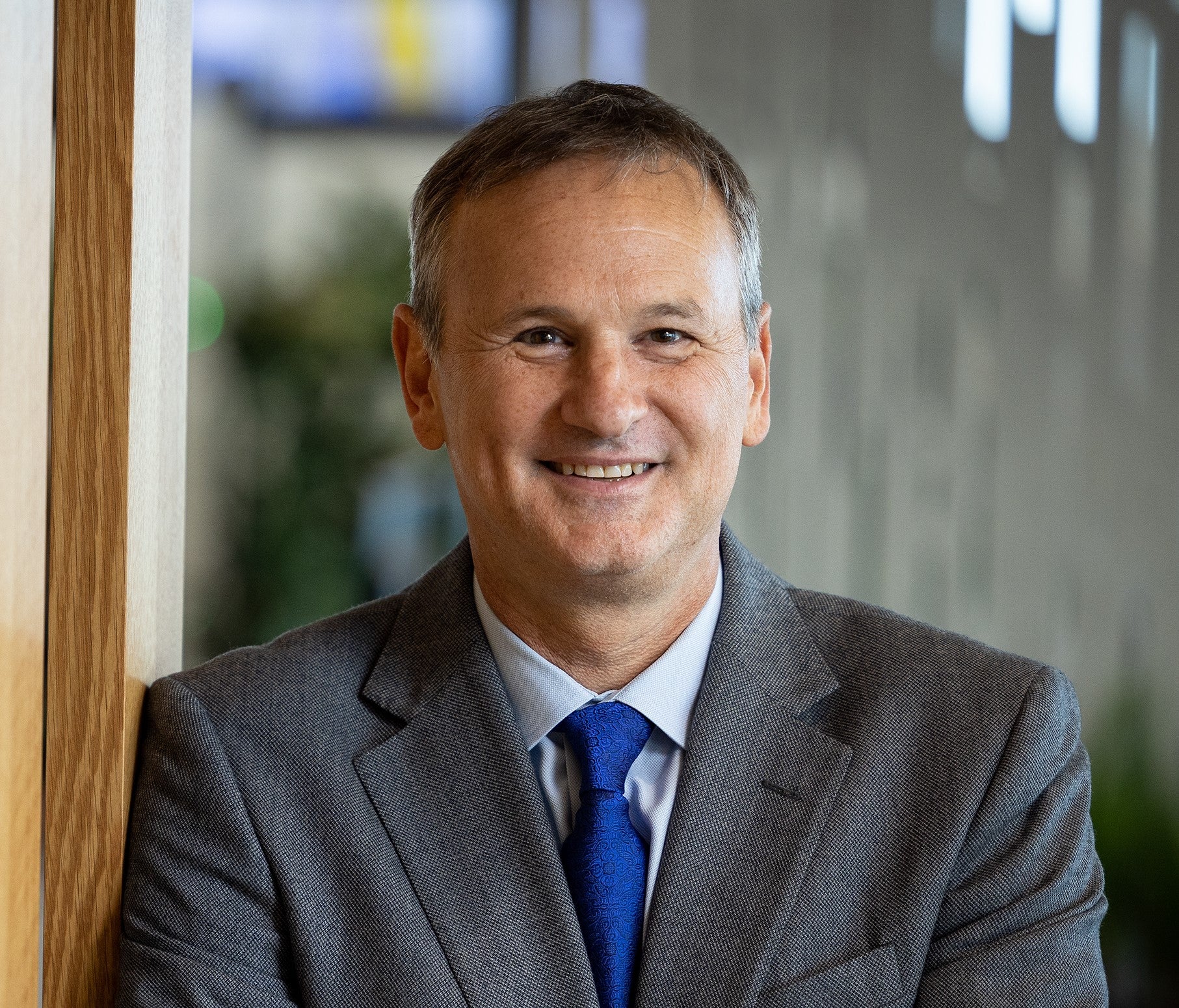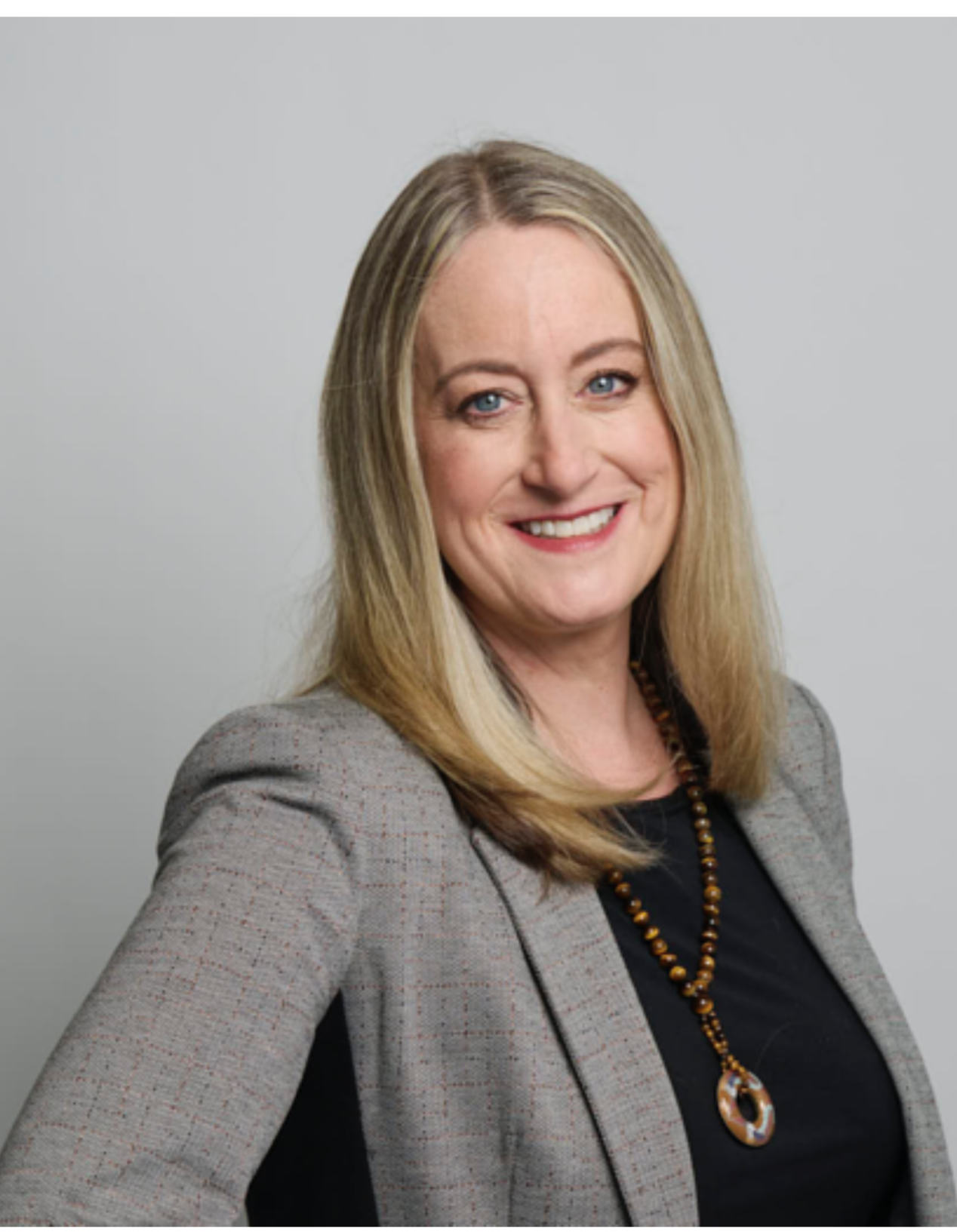Banner artwork by magr80 / Shutterstock.com
There are two great ironies in the career path of a corporate lawyer. The first is that learning and developing non-lawyer skills is likely one of the greatest factors to becoming a highly successful lawyer. The second is what got you to this point in your career is not what will get you to the next step in your career.
In this article series, we have discussed some of those skills, such as being great leaders and highly fluent in compliance and governance.
These ironies bring me to my seventh habit of successful corporate lawyers:
#7. You are consistently a practical and business-focused lawyer.
We all like to think that we are practical and business focused. We are in the business. We know the business. We know that our company is not in the business of providing legal advice. We know our advice will be used practically in a business to sell goods or services. Yet, common feedback from business executives for corporate lawyers is that they are not practical enough. Why is that? I think we become so engrossed into these complex legal issues that our schooling, training, and wiring as legal professionals takes over like autopilot making us less effective from the businessperson’s perspective.
I struggle to consistently think practically. I can use too much of my brain power on the legal issue and too little of it on what problem for the business that I am trying to solve or support. I use two thought-provoking exercises that helps me snap out of lawyer autopilot. These exercises help make my advice more practical.
Turn off lawyer autopilot
First, I try to thoroughly understand the business objective before providing advice by bifurcating the legal and business issue. We all ask questions inquiring about the facts and issues before providing advice. These questions are needed to give legal advice. They deal with foundational issues, such as who, what, where, and when of the legal issue.
The other type of questions is more difficult; it takes practice. I will force myself to ask questions to understand what the business wants to achieve without my preconceived thoughts about approaching a legal question. This is not easy. We have been trained to issue spot. That means legal questions and concerns are flying in my head as I engage the business to understand the problem. This often does not help make me practical. I need to listen to learn. I try to “turn off” that noise with the second camp of questions.
- What does the business want to achieve assuming anything is possible?
- What are the critical commercial steps to be successful unrelated to my legal advice?
- How important or unimportant is my legal advice in terms of priorities for the business to be successful?
Second, after forcing myself to ask practical questions, I try hard to frame my advice around those questions in the context of how the business will use that advice. A visual that helps me form that practical advice comes from basketball.
Billy Donovan, head coach of the NBA’s Chicago Bulls, has said that the average basketball player plays 95 percent of the game without the ball. He says that this is important because some players become so consumed with the five percent of the time that they do have the ball that they are less effective the 95 percent of time they don’t have it. This non-ball time is critical to winning the game (playing defense, setting picks, and positioning on the court).
I thought this was a remarkable observation and sheds light on how I can give practical legal advice. If you consider a business executive as the basketball player, and my legal advice as the basketball, they are “playing” without my advice 95 percent of the time. They are doing market research, navigating difficult negotiations with third parties and customers, figuring out supply issues and logistics, and integrating an array of input (of which legal input is just one) into achieving the business objective. They are doing market research, talking to customers, and getting ready to negotiate.
It taught me that I can also become too consumed with the legal issue and need to invest far more time in understanding and learning the business issue. I need to give legal advice with the knowledge it is often only five percent of the solution to achieve the business objective. The business executive will spend 95 percent of her or his time thinking of the problem outside the legal advice.
What it looks like in the real world
I asked some business colleagues to give me examples of excellent practical lawyering. It always helps learning what good looks like from the people you advise. Here are the examples they gave me:
“As a lawyer, if you are advising me or coaching me, then please have a clear, decisive position. If you open with ‘Well, it depends…,’ then you are not as practical, nor effective, as you may intend to be. Help me lead the business and win. That’s the primary job of all of us on a leadership team. Yes, be a legal expert. More so, be a business leader alongside me.” - Court Horncastle, Senior Vice President, Specialty Business, GSK
“Given my role as chief medical officer, I rarely am presented with situations that are black and white; rather I spend most of my time ‘operating in the grey.’ In these instances, I often seek the input of legal counsel, as a sounding board and a thought partner. Practical lawyering provides thoughtful counsel on various approaches, speaks to the risks and mitigations pathways for each one, and often shares previous relevant examples of adjacent issues. All of this advice and input helps to inform my decision and ensure that I have explored all angles, and can move forward with confidence, knowing that the business now understands the risk and any mitigation activities that surround the decision.” - Harmony Garges, Senior Vice President, Chief Medical Officer, ViiV
“Practical lawyering means to me… everyday having a partner in legal that thinks about the patient at the end of the supply chain and what is important to them. This is what I value and what I see in my legal partners at GSK. They don’t just think about the patient today and what they need but what they will need to maintain a reliable and robustness supply chain into the future.” - Susan Hynes, SVP Global Quality, GSK
Take some of the lawyer out of lawyering
It can be hard to be told to “think less like a lawyer.” But that is what the feedback of being more practical is saying to us: Take some of the lawyer out of the lawyering please. You can try applying the 95 percent rule to ask questions and frame advice to be more practical. Or use your own exercises in practicality. Either way, being a little less of a lawyer will make you a far better lawyer.
Disclaimer: The information in any resource in this website should not be construed as legal advice or as a legal opinion on specific facts, and should not be considered representing the views of its authors, its sponsors, and/or ACC. These resources are not intended as a definitive statement on the subject addressed. Rather, they are intended to serve as a tool providing practical guidance and references for the busy in-house practitioner and other readers.







